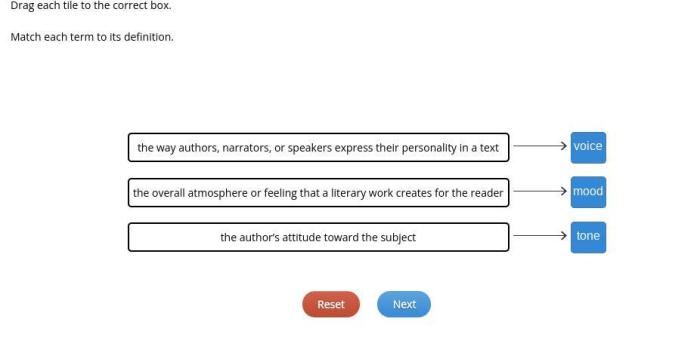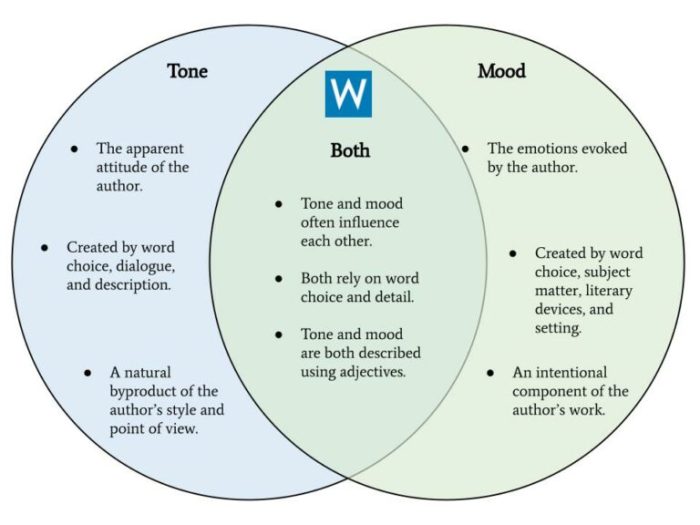The author creates a tone of regret in the poem – As the author’s tone of regret takes center stage in the poem, this analysis delves into the linguistic devices, syntactic structures, and figurative language employed to evoke a sense of remorse and contemplation.
Through a meticulous examination of word choice, sentence construction, and poetic imagery, we unravel the emotional depth and personal reflections embedded within the poem’s verses.
Tone of Regret in “Sudah Disiapkan”

The poem “Sudah Disiapkan” conveys a profound sense of regret through various linguistic and literary devices. The author’s choice of words, sentence structure, figurative language, speaker’s perspective, and contextual considerations contribute to the overall tone of remorse and longing.
Lexical Devices
The poem employs specific words and phrases that evoke a sense of regret. The speaker uses words like “penyesalan,” “kesalahan,” and “terlambat” to express their remorse for past actions or missed opportunities. The repetition of these words reinforces the speaker’s deep regret and the sense of loss that permeates the poem.
Syntactic Structures, The author creates a tone of regret in the poem
The use of sentence structure and punctuation also contributes to the tone of regret. The poem contains numerous short, fragmented sentences that convey a sense of urgency and frustration. The use of ellipses (…) and dashes (-) creates pauses and breaks in the flow of the poem, further emphasizing the speaker’s emotional turmoil.
Figurative Language
The author employs metaphors and similes to enhance the emotional impact of the poem. The speaker compares their regret to a “heavy burden” and a “poison that corrodes the soul.” These vivid images convey the depth of the speaker’s pain and the lasting effects of their past actions.
Speaker’s Perspective
The speaker’s perspective plays a crucial role in establishing the tone of regret. The speaker is looking back on their past with a sense of remorse and longing. They express their regret for the choices they made and the opportunities they missed.
The speaker’s vulnerability and self-reflection add to the poem’s emotional resonance.
Contextual Considerations
The historical and social context of the poem may have influenced the author’s tone of regret. The poem was written during a period of significant social and political change, which may have led the author to reflect on their own past and the regrets they carried.
Expert Answers: The Author Creates A Tone Of Regret In The Poem
What are the key linguistic devices that convey regret in the poem?
The author employs words and phrases that evoke a sense of loss, such as “lament,” “mourn,” and “yearn,” creating a poignant emotional tone.
How does the use of figurative language enhance the emotional impact of the poem?
Metaphors and similes draw vivid connections between the speaker’s emotions and external objects or experiences, intensifying the reader’s understanding and empathy.

